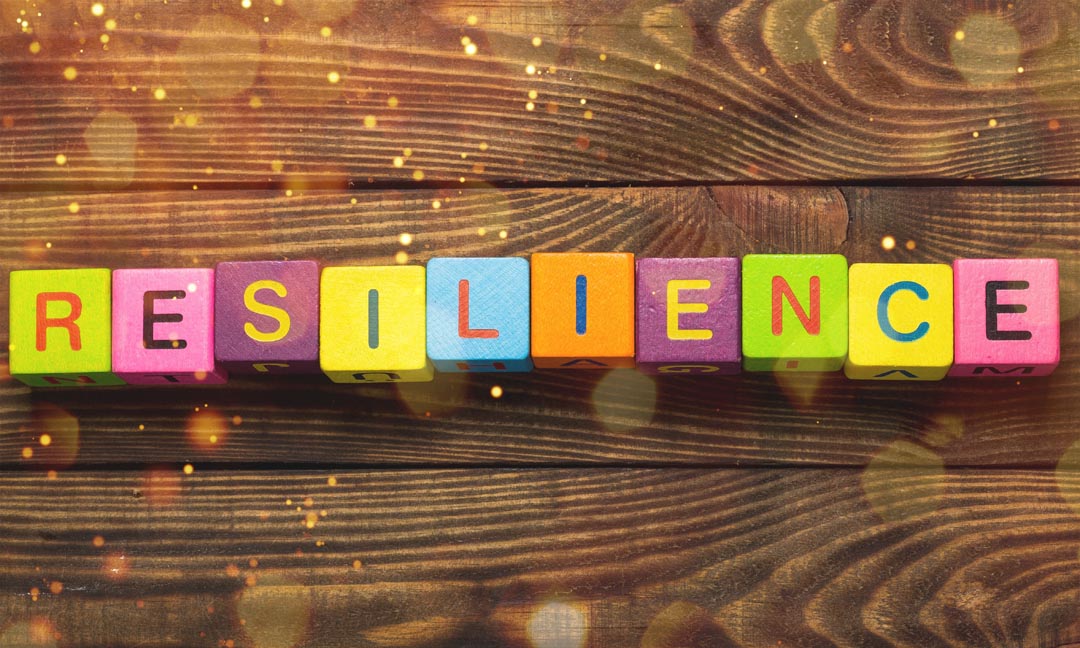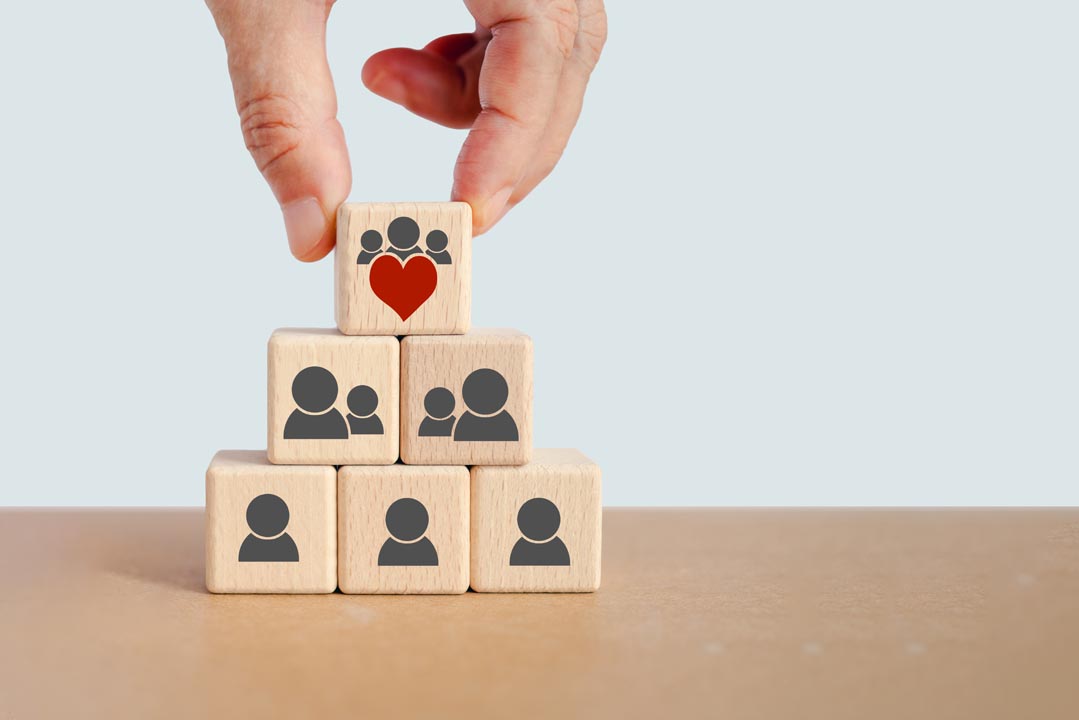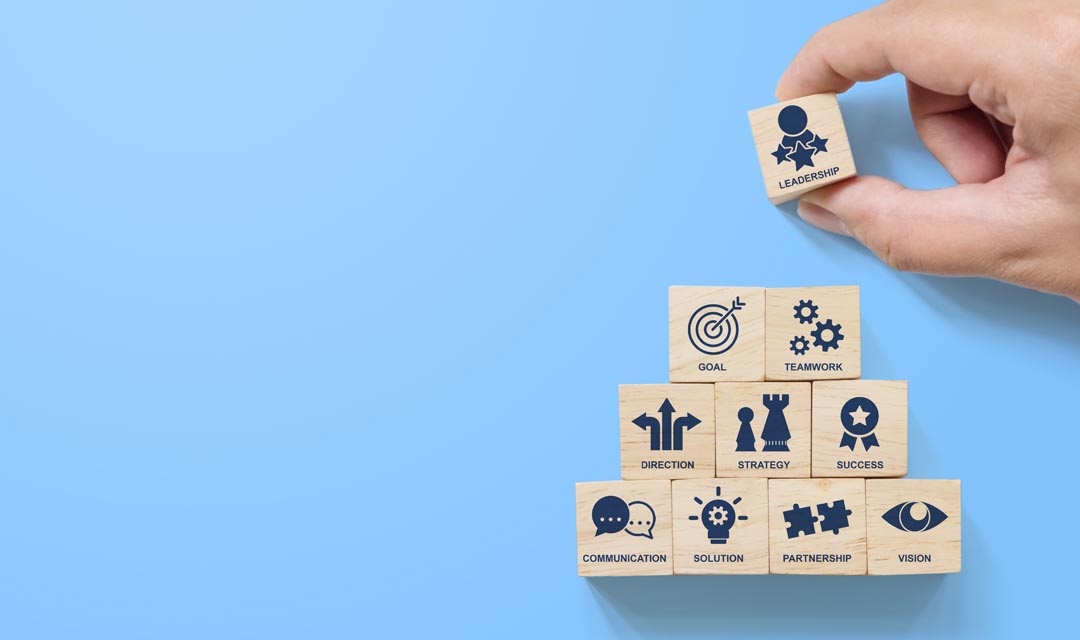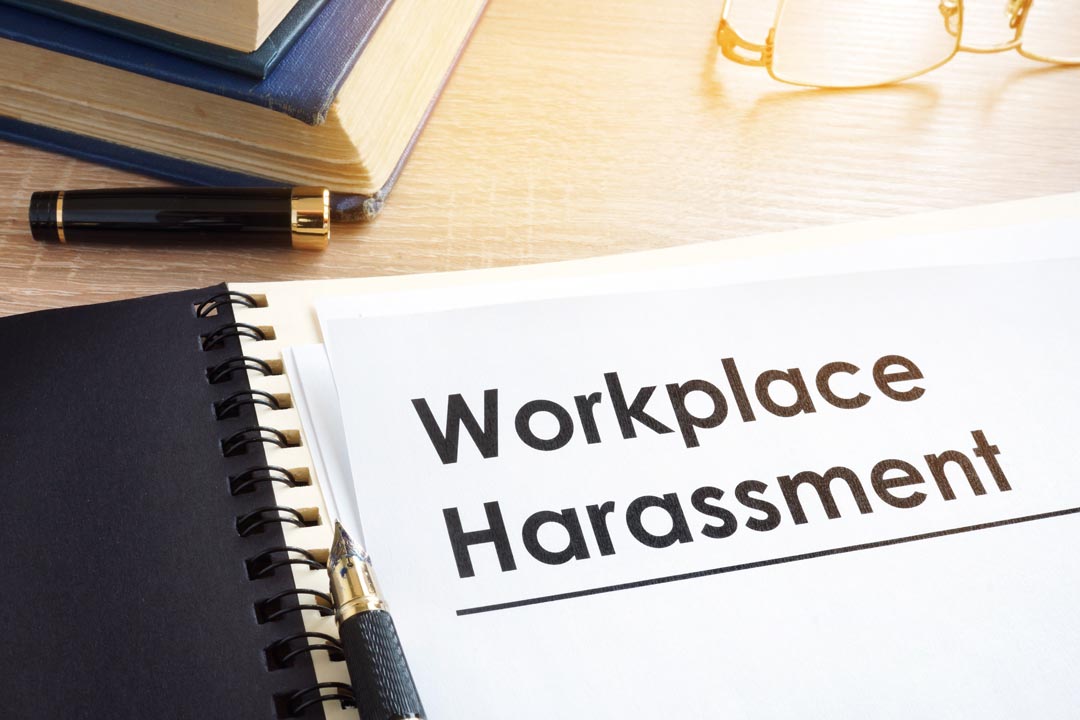The curve balls and challenges that life inevitably throws at us are often the most valuable lessons for building our inner strength and resilience.
Building a resilience toolkit will help us to feel more empowered and cultivate self-efficacy and inner strength
I can certainly appreciate this from my own personal experiences as well as the extensive research I have conducted over the years around this beautiful, multifaceted and powerful life skill.
As Theodore Roosevelt once remarked: “For those who have had to fight for it, life has truly a flavour the protected shall never know.”
So, what is resilience?
Resilience is about embracing our “humanness” and understanding and accepting that we will inevitably experience setbacks and disappointments. We will make mistakes and we will get things wrong because we were not born to be perfect; we were born to be real.
The word resilience derives from the Latin verb “resilire”, meaning to jump back or to recoil and describes the process of adapting and recovering well from adversity, trauma, tragedy or threats. Some people describe resilience as: “the ability to bend, instead of breaking, when experiencing pressure” or “the ability to persevere and adapt, when faced with challenges”. The same abilities also help us to be more open and willing to take on new opportunities.
I would also like to clarify that being resilient is not about ‘toughing it out’, at any cost. Too often, in the work that I do, I observe people doing this to the detriment of their own physical and emotional wellbeing.
Pacing and self-care for resilience
Reaching out for unhealthy coping mechanisms may provide a quick fix in the short term; however, for long-term wellbeing, it is essential to pace ourselves. We need to acknowledge that, as human beings, we will of course have our own unique set of vulnerabilities.
Focusing on self-care and building a toolkit of positive and healthy coping mechanisms is essential in the often highly volatile, demanding and uncertain world that we live in.
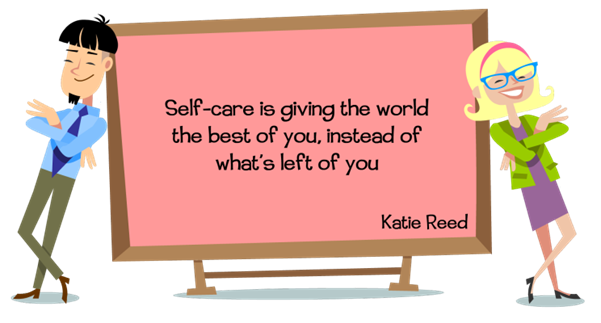
21st century resilience
Over time I have been examining the relevance of human resilience and how it applies to us all in the 21st century, against the backdrop of the fourth industrial revolution and our experience of living through a global pandemic. As a result, I have created this three-pillar model of resilience that incorporates three key competencies:
- Accountability
- Agility
- Attitude
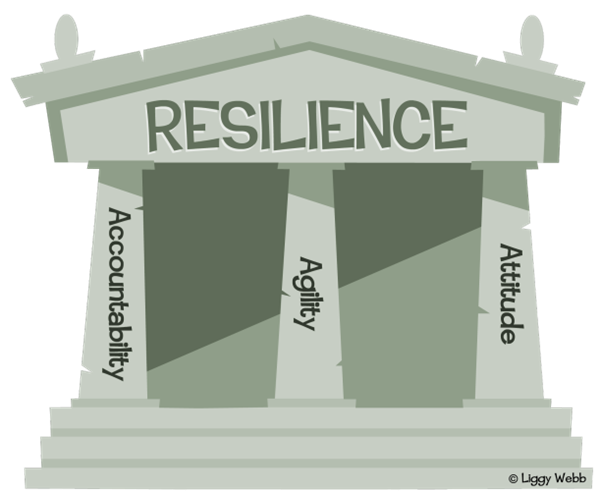
Here are my top three micro tips for cultivating a resilient way of thinking and behaving:
1. Take personal responsibility
When we take responsibility for our own choices and actions, we demonstrate accountability. By taking ownership for our responses, we will feel empowered, confident and in control when dealing with setbacks and adversity.
It is liberating to understand that we have options and we can always choose our response in every given situation.
2. Be agile
Agility is a key skill in the modern world where speed and responsiveness are fundamental to both personal and business survival. This is about our ability to adjust and flex our behaviour by employing different facets of emotional intelligence.
Being agile requires us to adopt a growth mindset and to be receptive to change and open to new learning and possibilities. It also requires us to be aware of what we do habitually and ‘unlearn’ ways of doing things that are no longer relevant or useful.
3. Maintain a positive attitude
With a positive attitude, it is not about burying our head in the sand. We will still be able to recognise the negative aspects of each situation; however, it then allows us to make a conscious decision to focus instead on the potential hope and opportunity that will also available.
Your resilience toolkit
Building a resilience toolkit, especially in the fast-paced and often overwhelming world that we live in, will help us to safeguard our lives. This will also help us to feel more empowered and cultivate self-efficacy and inner strength, so that we can ultimately bounce back and recover well from life’s setbacks and challenges and thrive!

Liggy Webb is an award-winning and best-selling author, presenter and international consultant at The Learning Architect
If you would like a free copy of Liggy’s bite-sized book “Future Human – How to empower yourself and thrive” please email liggy@liggywebb.com

